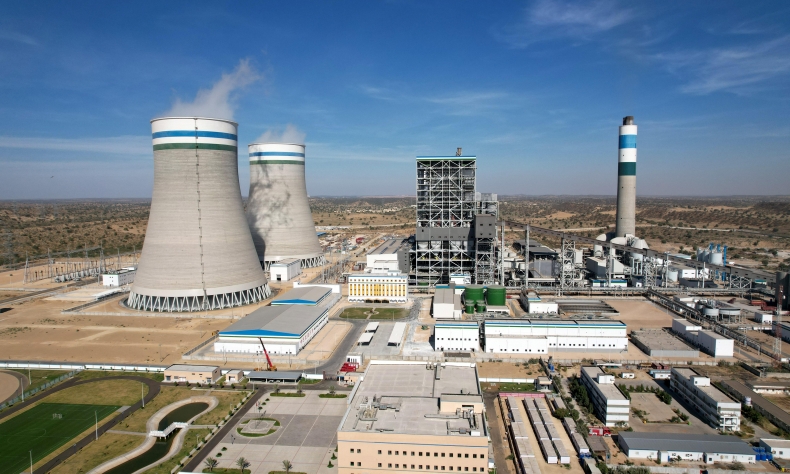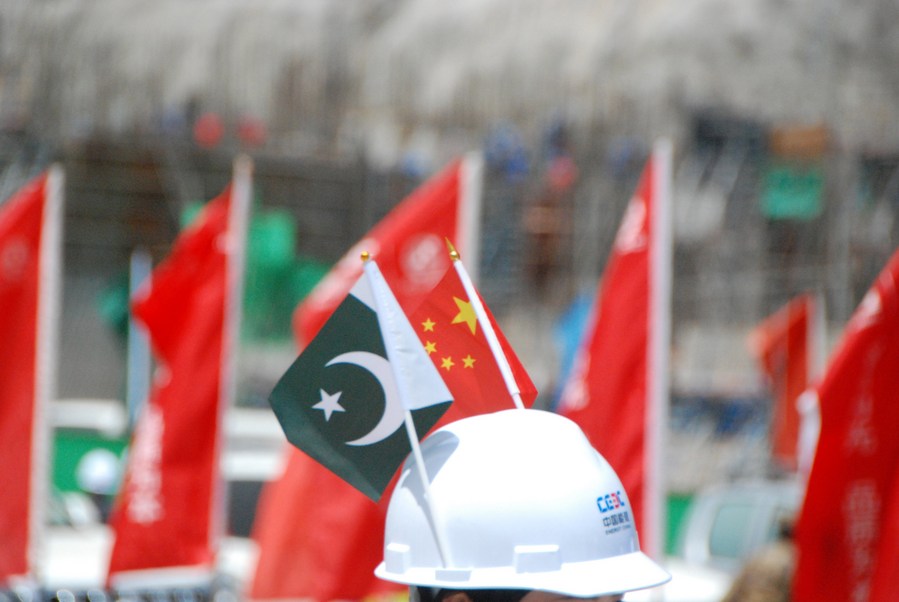China-Pakistan Economic Corridor Is Key to Further Growth in Pakistan

Pakistani Prime Minister’s five-day visit opened up new growth points for CPEC’s high quality development, consolidated two-way investment cooperation, and demonstrated principled support for regional and international security.
Pakistani Prime Minister Anwar-ul-Haq Kakar recently concluded his five-day visit to China, paving the way for another breakthrough consensus in the China-Pakistan “all-weather” strategic cooperative partnership. Several takeaways from the trip merit closer attention.
First, both sides are set to expand the scale and pace of Belt and Road projects, while over 20 agreements spanning currency swaps, research and space cooperation reflect extensive common ground. Over the past decade, the China-Pakistan Economic Corridor (CPEC) has firmly positioned itself as a cornerstone of win-win development between China and Pakistan, underlining the significance of new growth points agreed during the visit. A joint consensus to develop new innovation, green and open corridors effectively broadens CPEC’s horizons and adds to its cross-regional connectivity offerings.
Emphasis on areas such as industrial development, information and communications technology, livelihood projects, mining and mineral exploration can also deliver tangible dividends for Pakistan’s economic transformation, and support employment and labor force participation amid Pakistan’s population boom. Their joint statement reads: “The two sides will continue to view the relationship between China and Pakistan from a strategic and long-term perspective, move forward together on the path of development, and accelerate the building of an even closer China-Pakistan community with shared future in the new era.”
As a time-tested partner, Beijing has long recognized the value of scaling up Pakistan’s export basket potential. It has also sustained high-level industrial linkages to assist the requisite capacity-building in Pakistan, underlining the value of accelerated progress toward special economic zones made during Kakar’s trip. Sound cooperation across working groups and businesses has undoubtedly contributed to the completion of over 50 CPEC projects valued at $25 billion, setting the stage for the next phase of high quality development.
Since its inception, CPEC has also positioned itself as a major catalyst for employment in Pakistan, and is anticipated to deliver over 2 million jobs by the end of this decade. “China is ready to work with Pakistan to build an upgraded China-Pakistan Economic Corridor, tap into the potential for cooperation in sectors such as agriculture, animal husbandry and fisheries, and promote cooperation in digital economy, telecommunications, technological innovation and other fields,” Premier Li Qiang said during Kakar’s visit.

Beyond the corridor, China and Pakistan are likely to build on the framework of their free trade agreement to increase exports, and strengthen business-to-business exchanges for multisector investments. This understanding is a prominent feature of their joint consensus to deepen the all-weather strategic cooperative partnership, and comes at a time when Islamabad has set up its Special Investment Facilitation Council (SIFC) to promote foreign investment and Chinese business operations.
One of the hallmarks of the decades-old China-Pakistan relationship is the value each side confers upon the other’s core interests. Kakar’s visit further crystallized Pakistan’s resolute support for the security and protection of all Chinese personnel, a potent reminder against any anti-state activity that aims to target their partnership or core assets. For years, China and Pakistan have led resolute efforts to stamp out terrorism in all forms and have called for political settlements in regional conflict hotspots such as Afghanistan.
As such, Kakar’s high-profile trip made clear that China and Pakistan treat conflict resolution as an international imperative that is central to world peace. A case in point is the ongoing Israel-Palestine conflict, where shared concerns over rapid conflict escalations have attracted much needed emphasis on ceasing hostilities and prioritizing peace talks. China and Pakistan’s track record of robust humanitarian support at key forums such as the United Nations and the Shanghai Cooperation Organization leaves both sides well attuned to the fundamentals of enduring peace, and the need for international powers to unite and prevent protracted spells of suffering by vulnerable populations.
Ultimately, Kakar’s five-day visit opened up new growth points for CPEC’s high quality development, consolidated two-way investment cooperation, and demonstrated principled support for regional and international security. As such, the all-weather strategic cooperative partnership looks set to grow by leaps and bounds.
Hannan R. Hussain is a foreign affairs commentator, author and recipient of the Fulbright Award.
 Facebook
Facebook
 Twitter
Twitter
 Linkedin
Linkedin
 Google +
Google +










